Assessment of neuroendocrine dysfunction following traumatic brain injury.
Por um escritor misterioso
Last updated 31 janeiro 2025

A screening protocol adapted for selected patients at risk for endocrine problems is described, and physicians should be aware of the importance of neuroendocrine dysfunction following TBI. Posttraumatic neuroendocrine pathology may be a clinically significant complication following traumatic brain injury TBI. Metabolic abnormalities are described after TBI in two cases. A 21 year old male injured in a motor vehicle accident admitted in a minimally responsive condition presented with fluctuating high sodium levels, undetectable serum testosterone, and depressed cortisol and thyroid function. Imaging revealed near complete avulsion of the pituitary stalk leading to panhypopituitarism. A 38 year old male admitted for occipital skull fractures and brain contusions presented with hypona tremia and low serum testosterone. Both patients required hormonal replacement and correction of electrolyte abnormalities. A screening protocol adapted for selected patients at risk for endocrine problems is described. While neuroendocrine screening is not advocated in all TBI patients, physicians should be aware of the importance of neuroendocrine dysfunction following TBI.
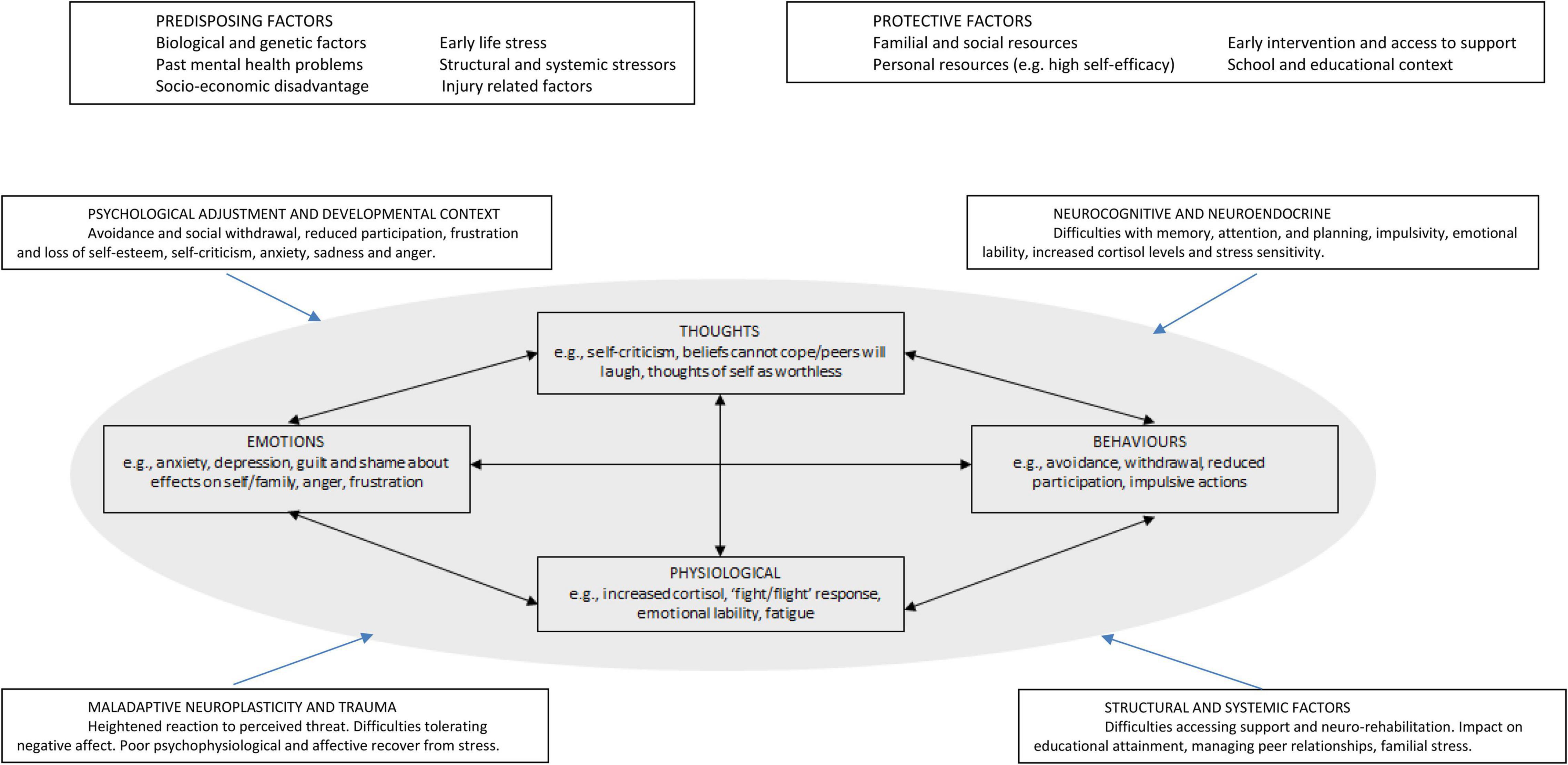
Frontiers Mood Disorders in Young People With Acquired Brain Injury: An Integrated Model
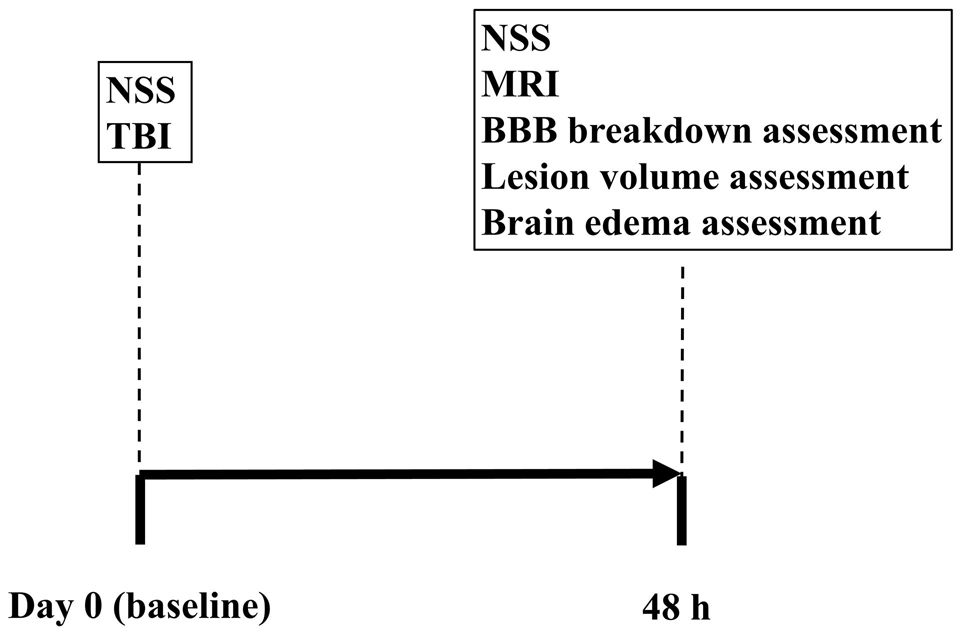
Frontiers A Novel Histological Technique to Assess Severity of Traumatic Brain Injury in Rodents: Comparisons to Neuroimaging and Neurological Outcomes

Return to work after work-related traumatic brain injury.

Assessment of neuroendocrine dysfunction following traumatic brain injury.

PDF) Fatigue after traumatic brain injury: Association with neuroendocrine, sleep, depression and other factors
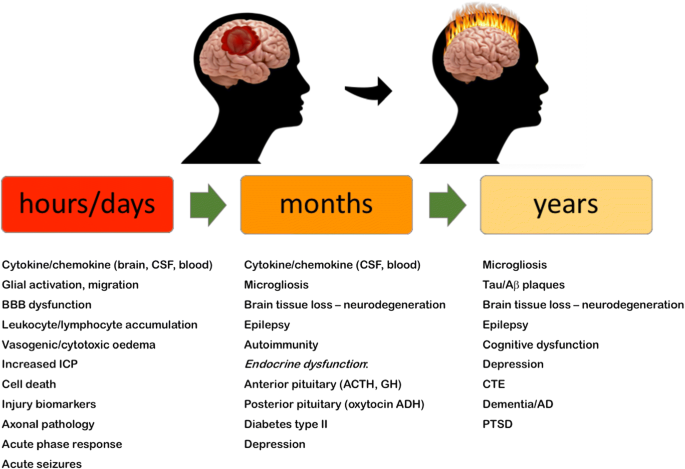
The complexity of neuroinflammation consequent to traumatic brain injury: from research evidence to potential treatments
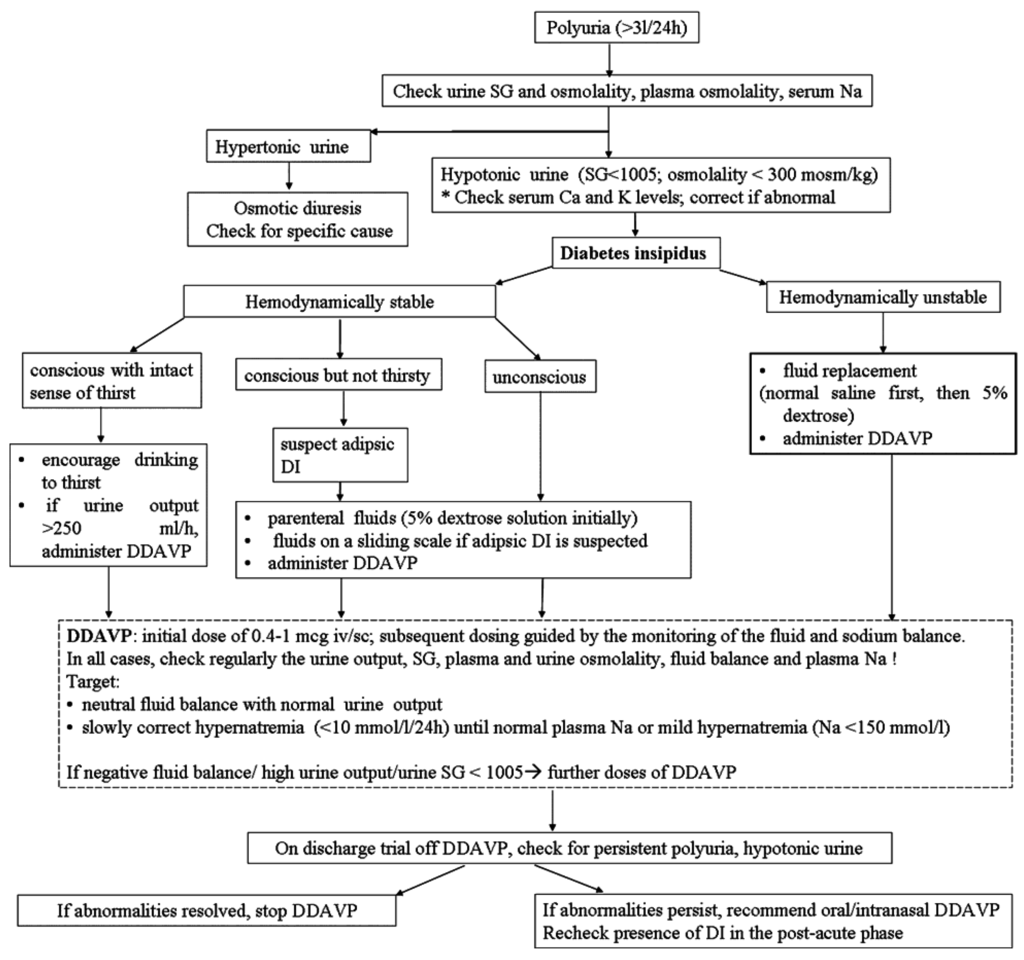
JCM, Free Full-Text
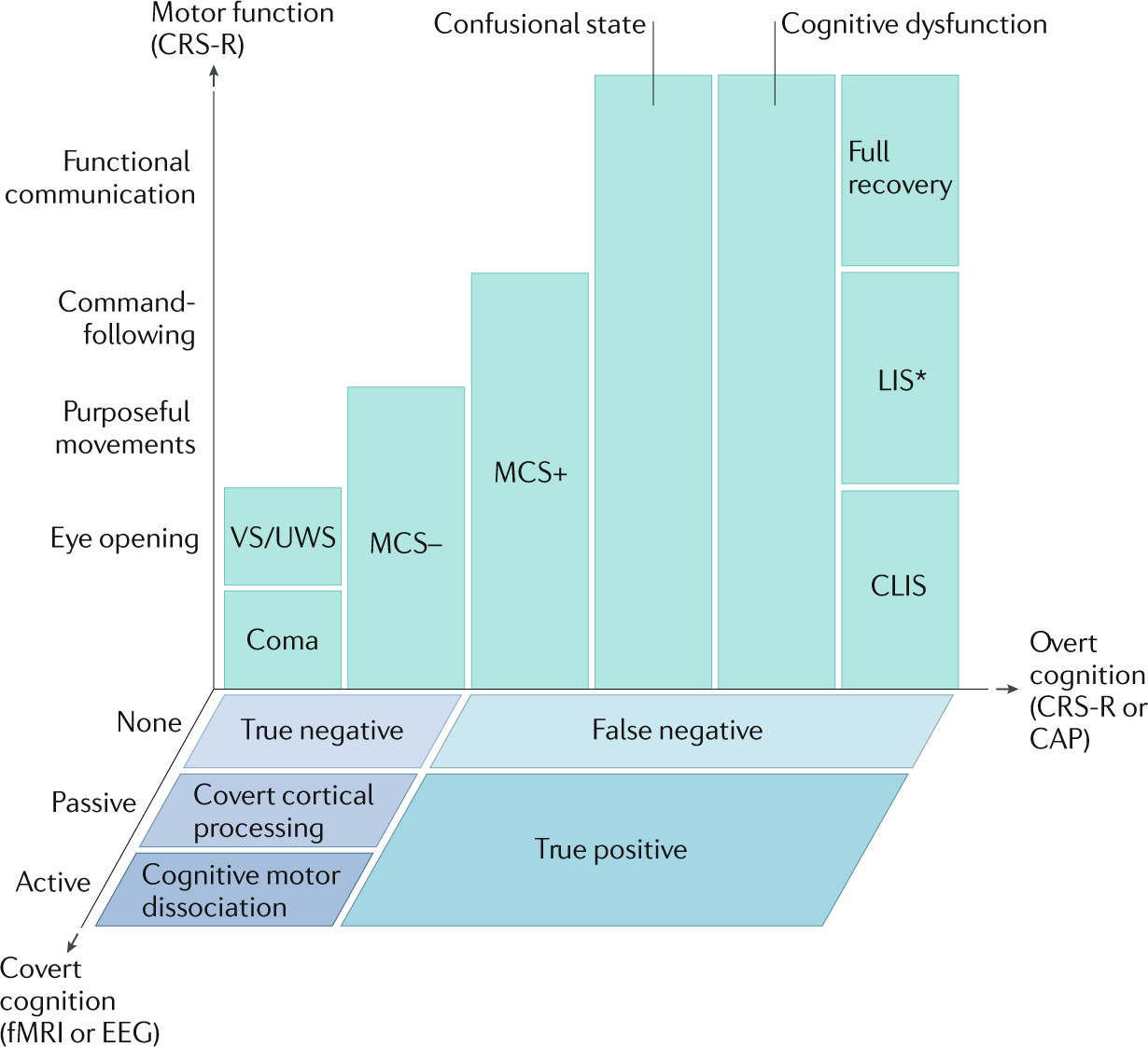
Recovery from disorders of consciousness: mechanisms, prognosis and emerging therapies

Endocrine Dysfunction After Traumatic Brain Injury: An Ignored Clinical Syndrome?

Diagnosing and Managing Carcinoid Heart Disease in Patients With Neuroendocrine Tumors: An Expert Statement - ScienceDirect

Traumatic brain injuries induced pituitary dysfunction: a call for algorithms in: Endocrine Connections Volume 9 Issue 5 (2020)

Effect of frailty on 6-month outcome after traumatic brain injury: a multicentre cohort study with external validation - The Lancet Neurology
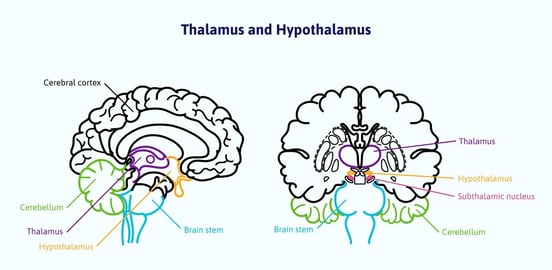
How a Brain Injury Can Cause Hormone Dysregulation
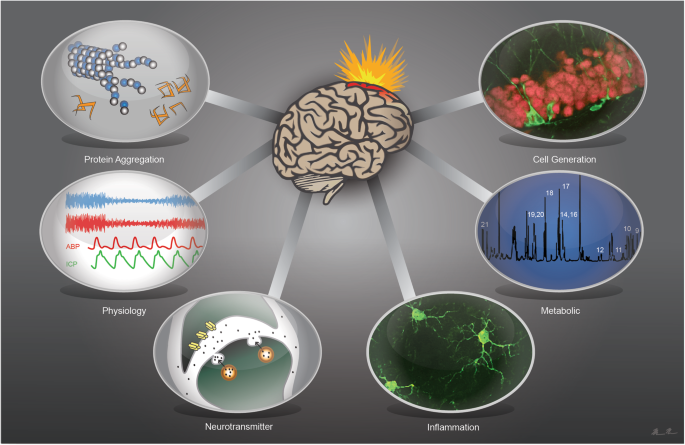
Neurotransmitter changes after traumatic brain injury: an update for new treatment strategies

Traumatic brain injury as a chronic disease: insights from the United States Traumatic Brain Injury Model Systems Research Program - The Lancet Neurology
Recomendado para você
-
 Brain Test Level 299 I want something to eat. Answers31 janeiro 2025
Brain Test Level 299 I want something to eat. Answers31 janeiro 2025 -
 Brain Test Level 295 Walkthrough31 janeiro 2025
Brain Test Level 295 Walkthrough31 janeiro 2025 -
Download free Brain Test 3 1.68.5 APK for Android31 janeiro 2025
-
 how to beat level 295 on brain test 2|TikTok Search31 janeiro 2025
how to beat level 295 on brain test 2|TikTok Search31 janeiro 2025 -
how to beat level 295 on brain test|TikTok Search31 janeiro 2025
-
 Easy Game Level 295 (Updated) Help him fall asleep Answer - Daze Puzzle31 janeiro 2025
Easy Game Level 295 (Updated) Help him fall asleep Answer - Daze Puzzle31 janeiro 2025 -
 Movie Music Games by Tutti Frutti Games31 janeiro 2025
Movie Music Games by Tutti Frutti Games31 janeiro 2025 -
Learn easy and quick31 janeiro 2025
-
 Puzzle Fuzzle Level 291 292 293 294 295 Solution Hint » Puzzle Game Master31 janeiro 2025
Puzzle Fuzzle Level 291 292 293 294 295 Solution Hint » Puzzle Game Master31 janeiro 2025 -
 Pin on random 🤣31 janeiro 2025
Pin on random 🤣31 janeiro 2025
você pode gostar
-
Coração de Elástico - O seu amor decidiu ir, mas o meu quis ficar31 janeiro 2025
-
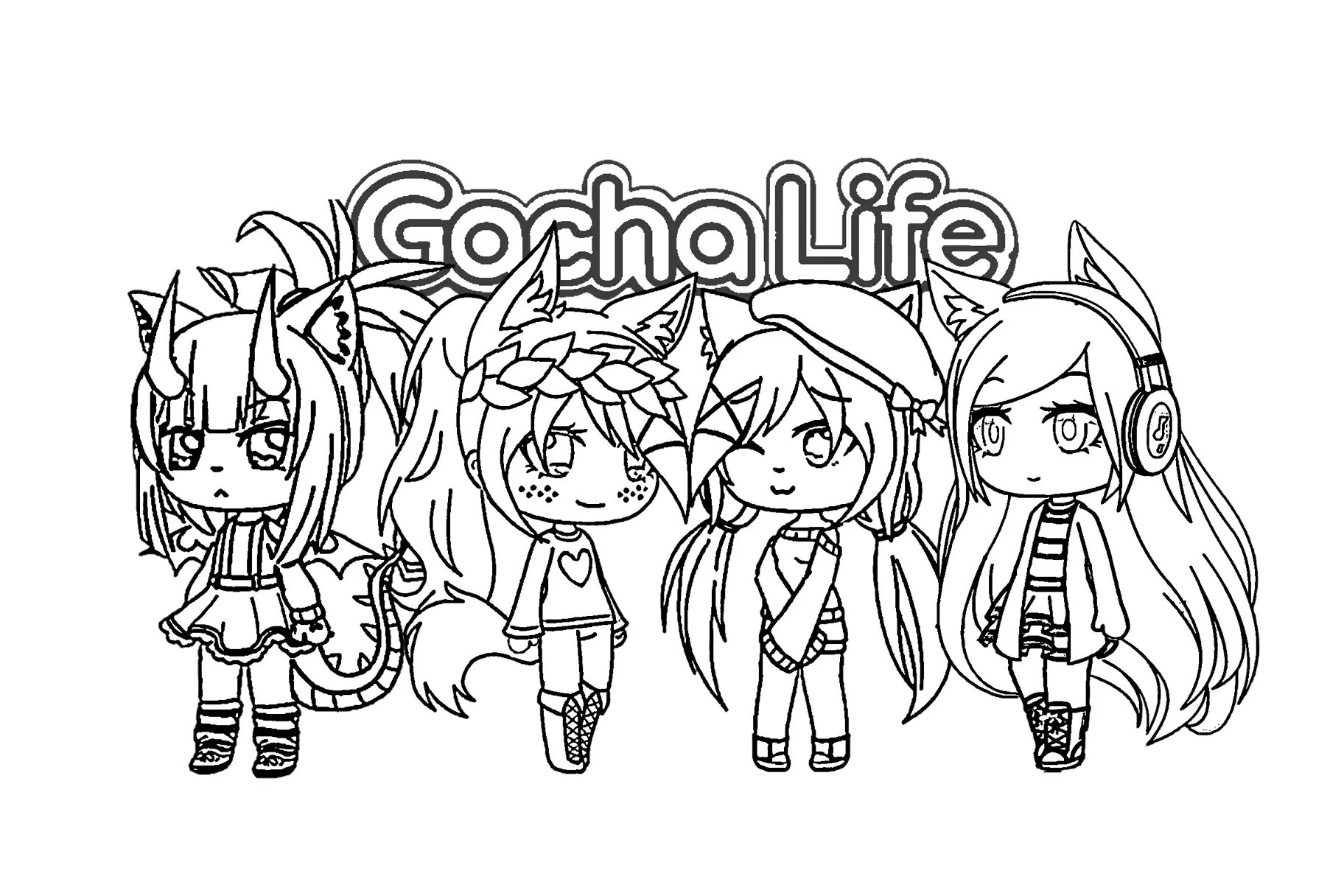 Desenhos para colorir de Quatro garotas na vida de Gacha - Desenhos para colorir gratuitos para impressão31 janeiro 2025
Desenhos para colorir de Quatro garotas na vida de Gacha - Desenhos para colorir gratuitos para impressão31 janeiro 2025 -
 Leon e Nilce, Geleia e Enaldinho participam do lançamento da Trovo31 janeiro 2025
Leon e Nilce, Geleia e Enaldinho participam do lançamento da Trovo31 janeiro 2025 -
 Educa borras Sunset In The Port Puzzle 5000 Pieces Multicolor31 janeiro 2025
Educa borras Sunset In The Port Puzzle 5000 Pieces Multicolor31 janeiro 2025 -
 Aluguel de Andaime Tubular em Cerrado - Sorocaba, Jardim Vergueiro, Vila Cristal, Morros, Vila Haro - SP - Aluga.com.br31 janeiro 2025
Aluguel de Andaime Tubular em Cerrado - Sorocaba, Jardim Vergueiro, Vila Cristal, Morros, Vila Haro - SP - Aluga.com.br31 janeiro 2025 -
 Watch The Owl House Volume 131 janeiro 2025
Watch The Owl House Volume 131 janeiro 2025 -
 Freddy, Five Nights at Freddy's coloring page printable game31 janeiro 2025
Freddy, Five Nights at Freddy's coloring page printable game31 janeiro 2025 -
 Suárez extends Anderlecht stay until 2017, UEFA Champions League31 janeiro 2025
Suárez extends Anderlecht stay until 2017, UEFA Champions League31 janeiro 2025 -
 Como os Slots Online Influenciam a Cultura Pop31 janeiro 2025
Como os Slots Online Influenciam a Cultura Pop31 janeiro 2025 -
Speed Car Race 3D - Car Games – Apps no Google Play31 janeiro 2025



